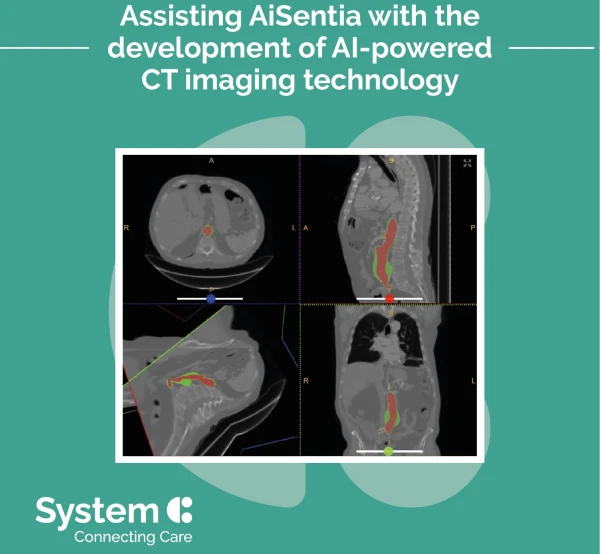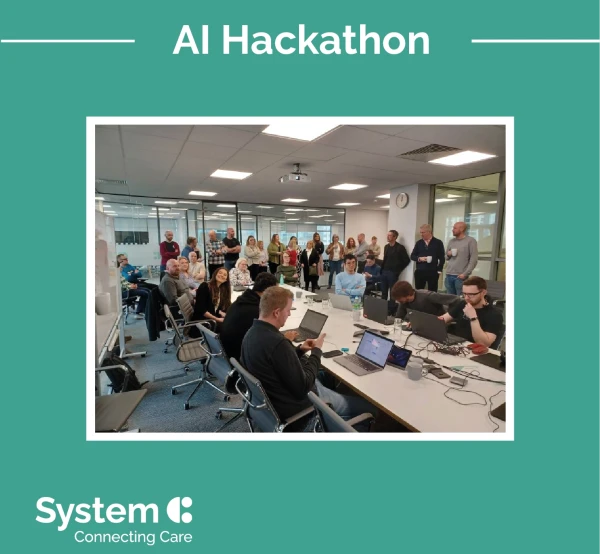Delivering Medical Device Software Solutions with Microbira
We worked alongside Microbira to successfully deliver an enhanced web application of their existing researcher toolkit.
Background
Microbira specialize in using artificial intelligence combined with Fourier Transform Infrared (FTIR) spectroscopy to improve the efficiency of healthcare delivery. FTIR involves light being passed through materials and subsequently measuring the absorbance of the light at different wavelengths. Microbira previously developed a suite of software tools allowing researchers to identify different types of microorganisms using FTIR. Identifying and classifying potentially hazardous organisms is highly important for diagnostic and quality control purposes. Microbira’s work will therefore target industries such as clinical microbiology, infectious diseases, veterinary, food/beverage, plus pharmaceutical and microorganism research. Read more about Microbira.
OCC have developed a number of cloud-hosted medical devices, notably QCovid, ParkAI and Cytox. We have also worked with the regulatory consultant (BCS Clinical Consulting) before and were familiar with the methodology.
How We Worked Together
Microbira tasked us with transforming their existing suite of research scripts into a web application with additional functionality. OCC has considerable experience with successfully delivering similar medical device software solutions. Our web developers made a cloud-hosted solution using Microsoft Azure. We created a web application version to allow clinical users to submit samples to the Microbira Advanced Analytical Platform – Infrared (MAAP-IR) for analysis. This gave Microbira a more efficient system to help build on the in-depth research they have been doing within this scientific field. This web app is classed as a form of medical device.

“From the time Microbira was introduced to OCC by our Clinical Consulting Company, the team at OCC grasped our project needs immediately. We wanted a reputable company that would be familiar with clinical software development and process from the lab to commercialisation with the required regulatory approvals. OCC understood our budget and time constraints. Their project summary and cost breakdown impressed the Microbira Board and gained swift approval.” Marianne Ismail, Chief Executive Officer, Microbira
Key Achievements
The delivery of this new web application provides many benefits to Microbira’s day-to-day operations. Some of the key advantages to this new software include:
- improved ability to manage and analyse results
- the capacity to generate client-specific real-time results
- the ability for remote users to submit samples over the web
- improved security
“OCC has been a tremendous asset in the development of our microorganism identification software. We felt they were partners in the whole process and we are already planning to use their expertise in the next part of our expansion.” Marianne Ismail, Chief Executive Officer, Microbira
Contact Us



